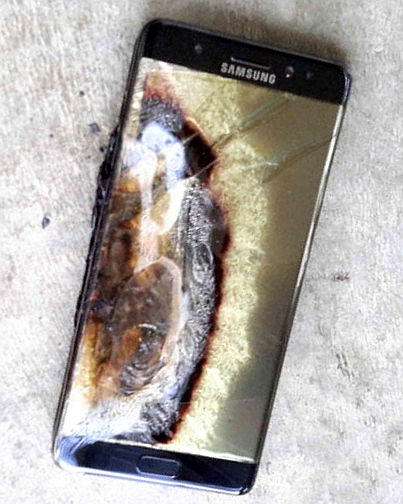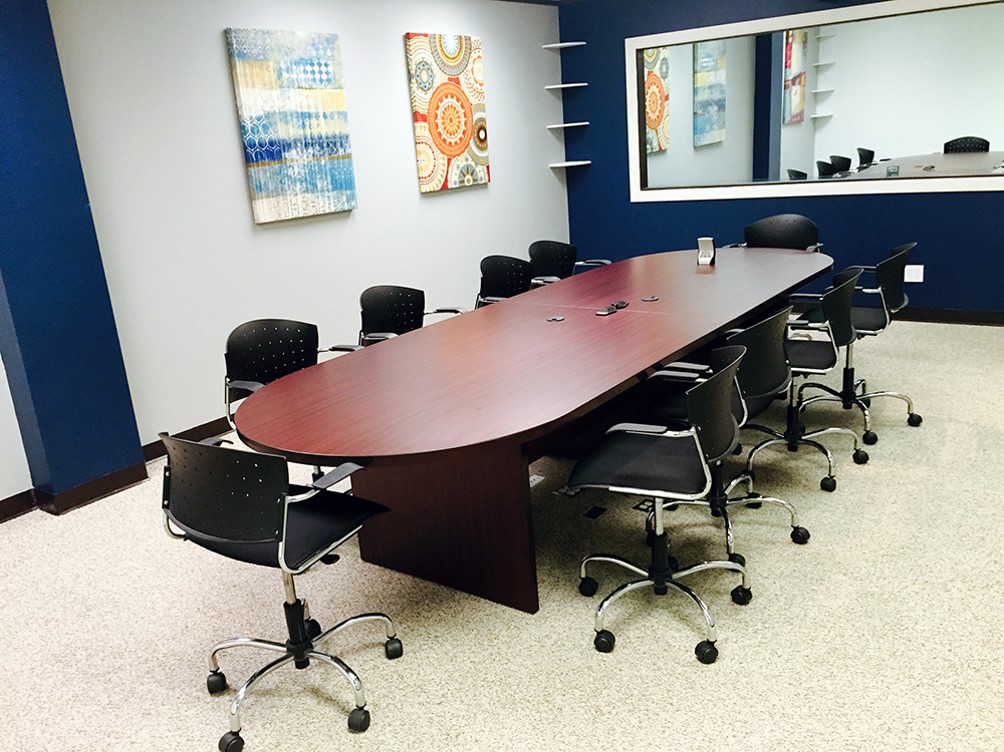
For six months now, every time I’ve boarded a Delta flight (and there have been a lot of them), I hear the now-expected announcement about the hazards of the Samsung Galaxy Note 7.
In the worst-case situation a brand can imagine, a Delta flight attendant reminds every passenger these potentially combustible smartphones are not allowed on their planes (or even in packed luggage). Airplanes provide great marketing – in their magazines in the seat pocket in front of you or on their improved video screens embedded in the seat back in front of you.
But in Samsung’s case, this form of “reverse marketing” has presented a unique and especially challenging problem – how to rebuild a sense of trust in a line of smartphones that had a tendency to ignite, not just once but twice.
Samsung took a severe financial haircut as a result of these phones (some estimate losses of $5.5 billion), but the true cost has been exacted in a loss of reputation. When a brand is mortally injured, whether it’s a stroke of bad luck or a self-inflicted wound, the road back can be a long one. And there’s a chance it may never recover. Keep in mind, Samsung isn’t just a big electronics company – they’re the biggest company in South Korea – period. When they take a hit, the entire country feels it.
This is a great example for radio because if you’ve been in the business for any length of time, you’ve been involved in one legal mess, imbroglio, scandal, or another – an event that went wrong, a personality who misbehaved, a controversy involving a contest or promotion. They can happen to any station, and I’ve personally worked with management teams that have been through all of the above debacles – and more.
When disaster strikes, the first step is to do engage in some damage control. And for Samsung, that meant focus groups among Galaxy Note 7 users. Now you can only imagine just how gnarly those groups must have been, as people who invested heavily in their choice of smartphones very likely gave the company an earful.
A recent article in AdWeek by Marty Swant chronicles Samsung’s tough road back as it launched its new Galaxy S8 and S8+ lines. These now models not only have to compete with the Apple iPhone, but must work overtime to overturn existing perceptions about Samsung smartphones – their safety and reliability.
Interestingly, an aggressive new ad campaign emphasizes smartphone innovation, as a bridge that connects consumers with their worlds.
But it is notable the start of this comeback effort started in a room with a two-way mirror, a conference room table, fluorescent lights, and bowls of M&Ms.

A quantitative survey may have yielded lots of data with colorful charts, graphs, and word clouds. But Samsung needed to hear real people talking about their problematic smartphones, their damaged brand, and what the road to recovery looked like.
You have to hear the truth before you can pick up the pieces and move forward – in life and in marketing.
Whether Samsung’s new Galaxy 8 campaigns reverse the course of the brand and its reputation remains to be seen. The fact this rigorous and painful process started with 10 people sitting around a table and sharing stories is significant.
In this case, Samsung was reacting to a DEFCON 1 situation. For most companies, brands, and radio stations, problems tend to occur at a much slower rate, often unwinding, devolving, eroding, and deteriorating over time. You can capture some of these changes in perceptual studies.
But focus groups – and their first cousin, one-on-one interviews – can provide the instant grassroots alarm system that every brand can benefit from. Even for highly rated stations, a distant early warning mechanism from users and fans can alert brand managers to problems before they fester and grow. As someone who has moderated more than 1,000 focus groups, one-on-ones, and Listener Advisory Board groups on behalf of stations across North America, you learn something important from this exercise – every time.
In Samsung’s case, they were stuck with having to conduct a research autopsy after the epic fail of their Note 7 phones. But for your brand, the chance to garner some important customer feedback in a no-holds-barred setting can be invaluable.
Before your brand catches on fire.
- What Is It With Female Robot DJs? - April 30, 2025
- Why “Dance With Those Who Brung You” Should Be Radio’s Operating Philosophy In 2025 - April 29, 2025
- The Exponential Value of Nurturing Radio Superfans - April 28, 2025




Leave a Reply